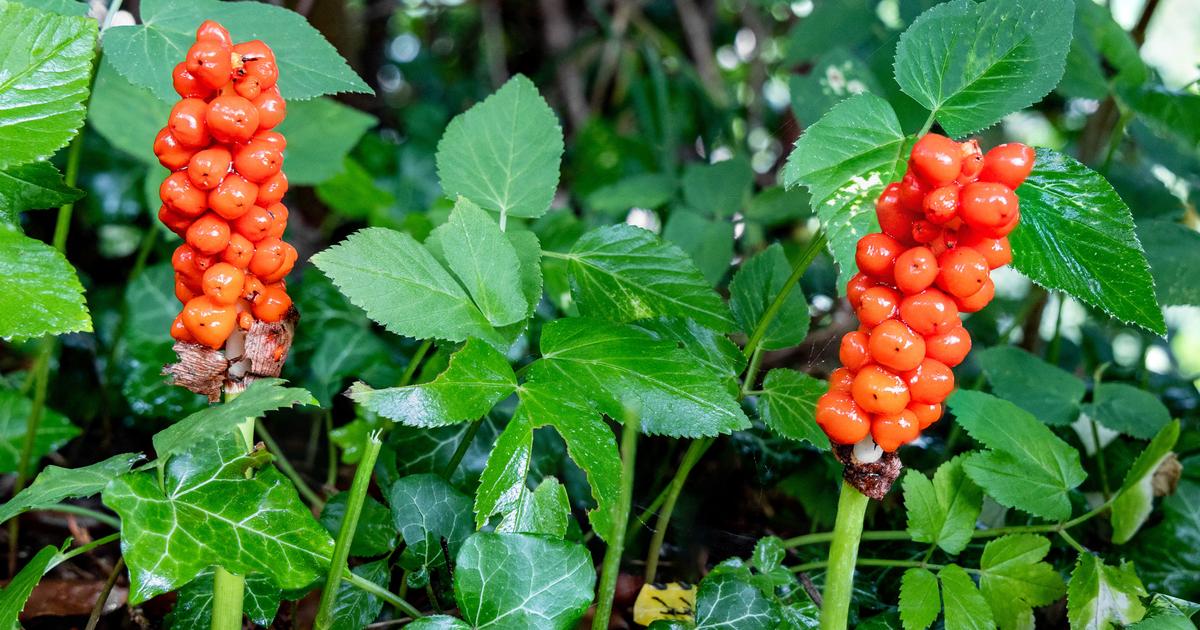Leaves in the garden: Use leaves to mulch the beds
Created: 09/26/2022, 2:30 p.m
By: Anna Katharina Kusters
Fall brings with it a lot of leaves that fly off the trees and land on the lawn.
But gardeners can recycle it wonderfully.
It is a clear sign that autumn has arrived when the trees gradually lose their splendor of leaves.
Gardeners shouldn't be bothered by the fallen leaves, because they can easily recycle the brown leaves.
The foliage can be used for a number of purposes in the garden and in the end both plants and animals benefit from it.
Leaves in the garden: Use leaves to mulch the beds
Hedgehogs like to hibernate in piles of leaves.
(Iconic image) © Ondrej Prosicky/Imago
Even if brown foliage no longer looks like it, it still contains a lot of important nutrients that plants in the garden cannot do without.
Therefore, rather than investing in chemical fertilizers, gardeners should focus on the material their garden is already producing: fallen leaves.
In autumn, large amounts of leaves can be collected almost every day.
Gardeners best distribute this foliage on their beds.
They mulch the soil with the layer of leaves and give the plants a protective and warming layer that keeps out the frost.
In addition, the foliage layer suppresses weeds and prevents the soil from drying out.
For example, Ökotest recommends covering the bottom of the following fruit bushes with leaves:
raspberries
strawberries
blueberries
Microorganisms contained in the soil decompose the leaves over the winter and thus transport the nutrients contained in the leaves to the earth.
Foliage in the garden: protect insects and hedgehogs
If you have swept up too much leaves, you can also pile up a small hill of leaves in a corner of the garden.
Such a hill offers insects, but also hedgehogs the perfect winter shelter.
The foliage layer insulates well and, like plants, also protects animals from frost and snow.
Ökotest
gives the tip that the pile of leaves can simply be held together with a coarse-meshed wire mesh and then not whirled through the garden again shortly afterwards.
It is important that gardeners leave out an entrance for larger animals in the wire mesh.
Leaves in the garden: Leaves are not just leaves
Leaves generally decompose a little slower than other compost supplements.
If you have too many leaves left, you can mix them with grass or other prunings and spread them on the compost without hesitation.
However, gardeners should keep in mind that some leaves take significantly longer to decompose than others.
Oak leaves are an example.
They should rather be placed as a layer of mulch around a rhododendron plant, as they would take too long to decompose in the compost.









